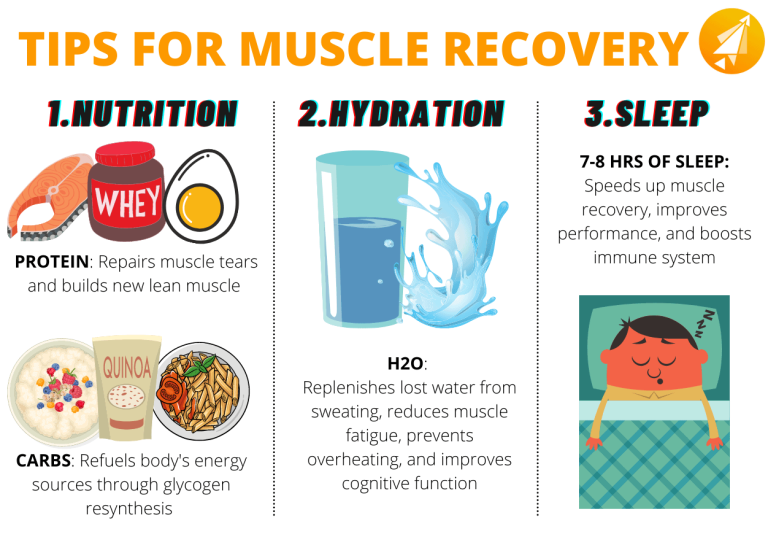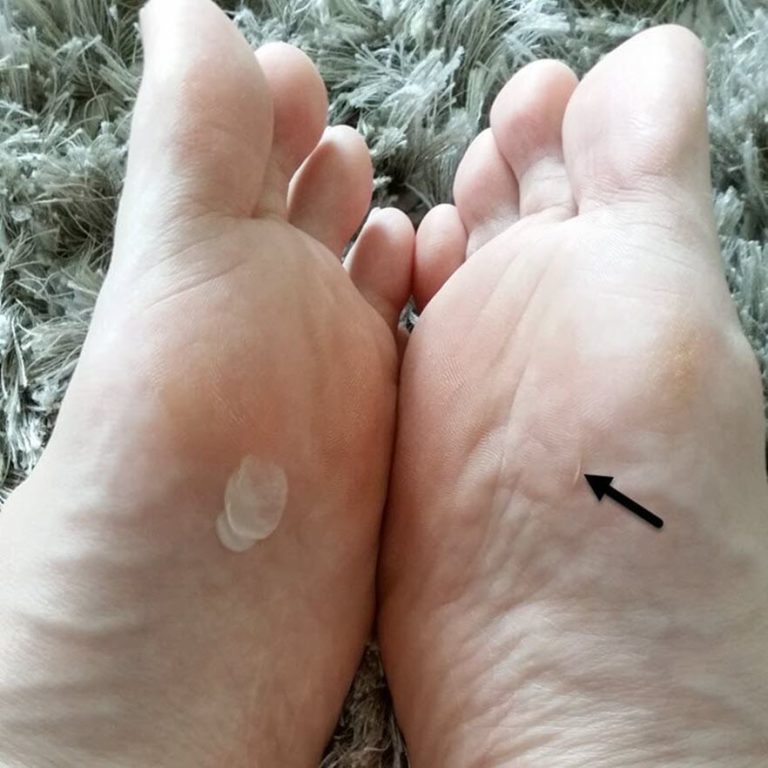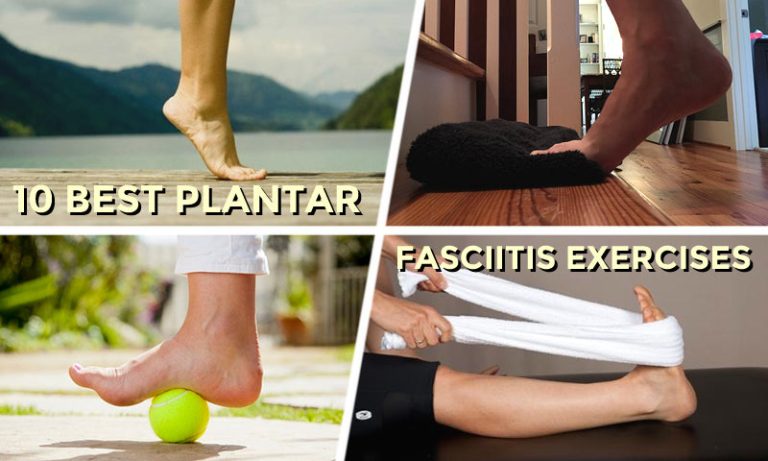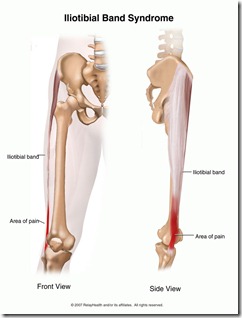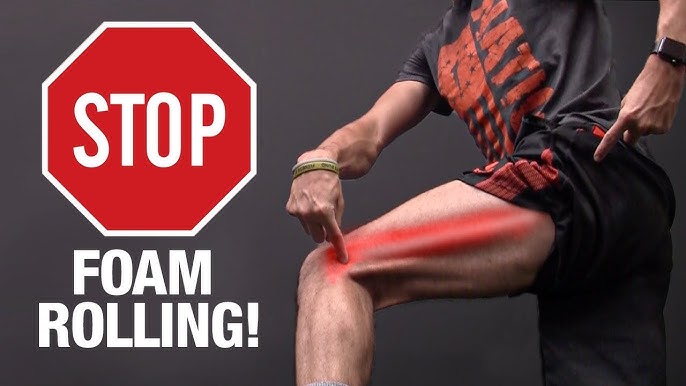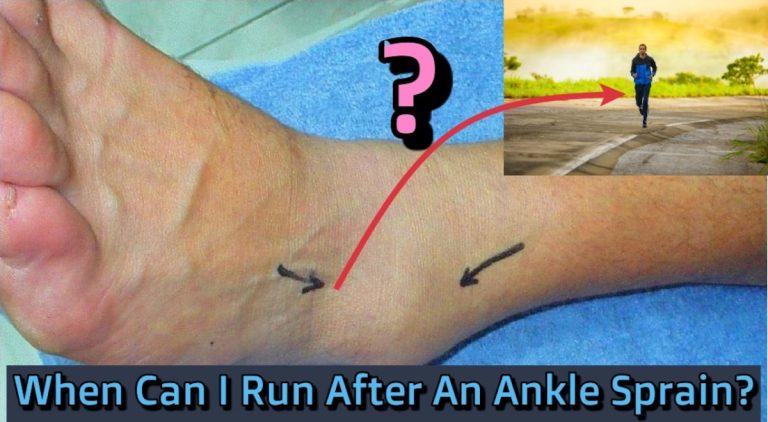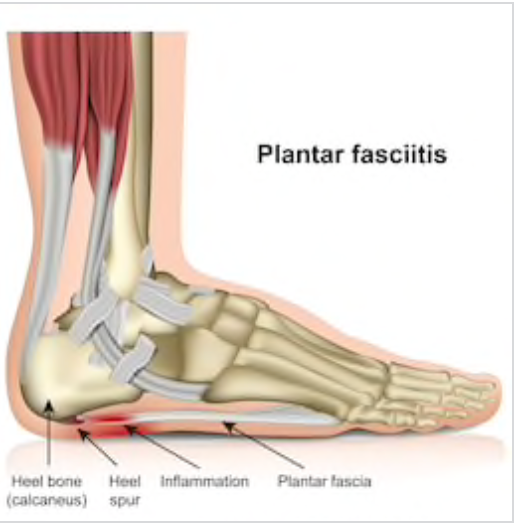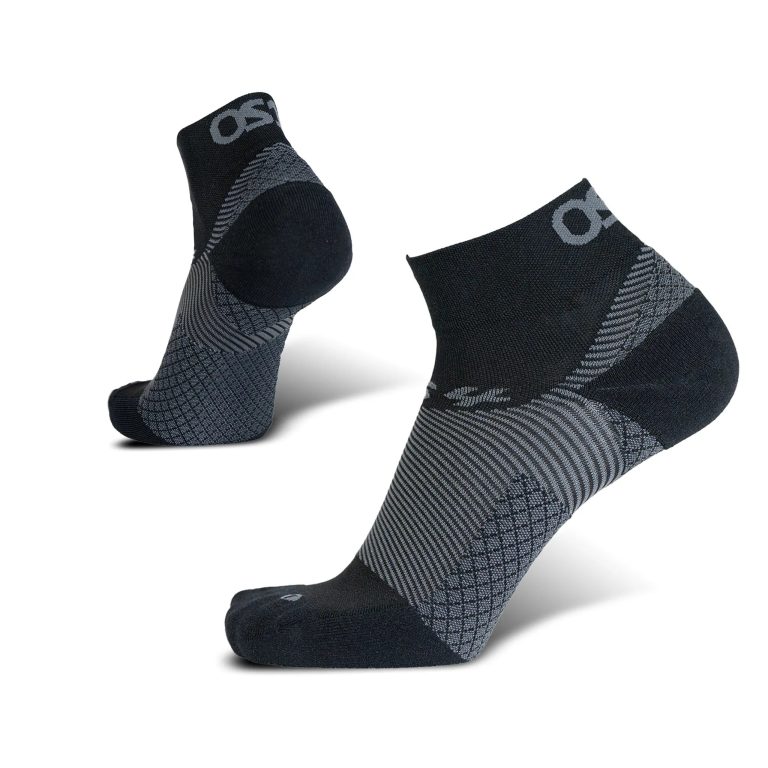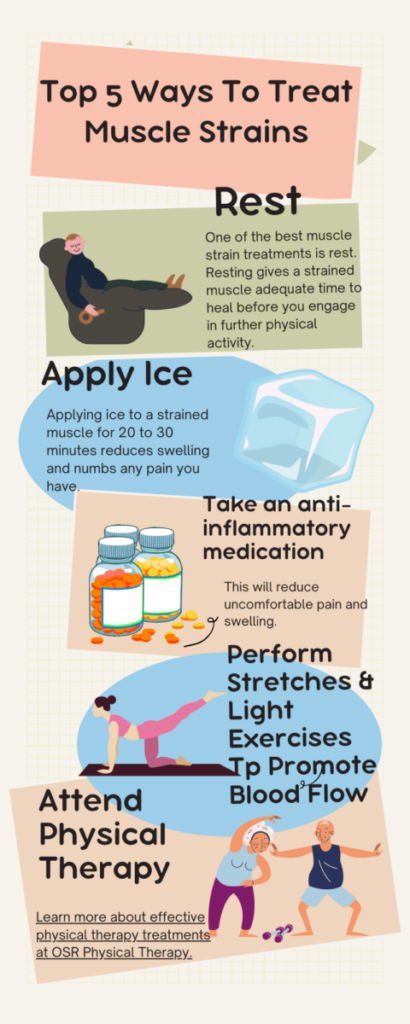How to Speed Muscle Recovery? Proven Tips for Faster Healing
Want to speed up muscle recovery? You’re in the right place. Quick muscle recovery is crucial for athletes and fitness enthusiasts. It helps you get back to your routine faster and reduces the risk of injury. Muscle recovery happens when muscles repair and grow stronger after exercise. Proper recovery can enhance performance and maintain overall…

